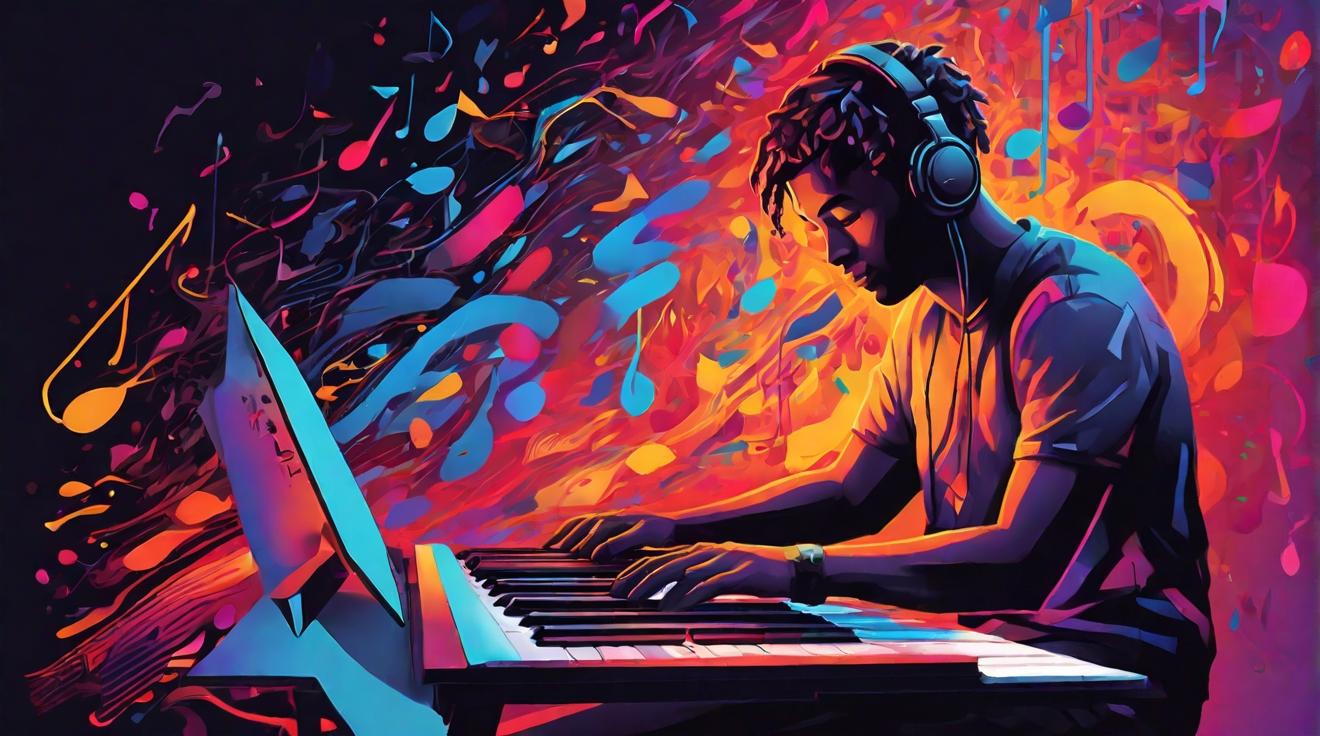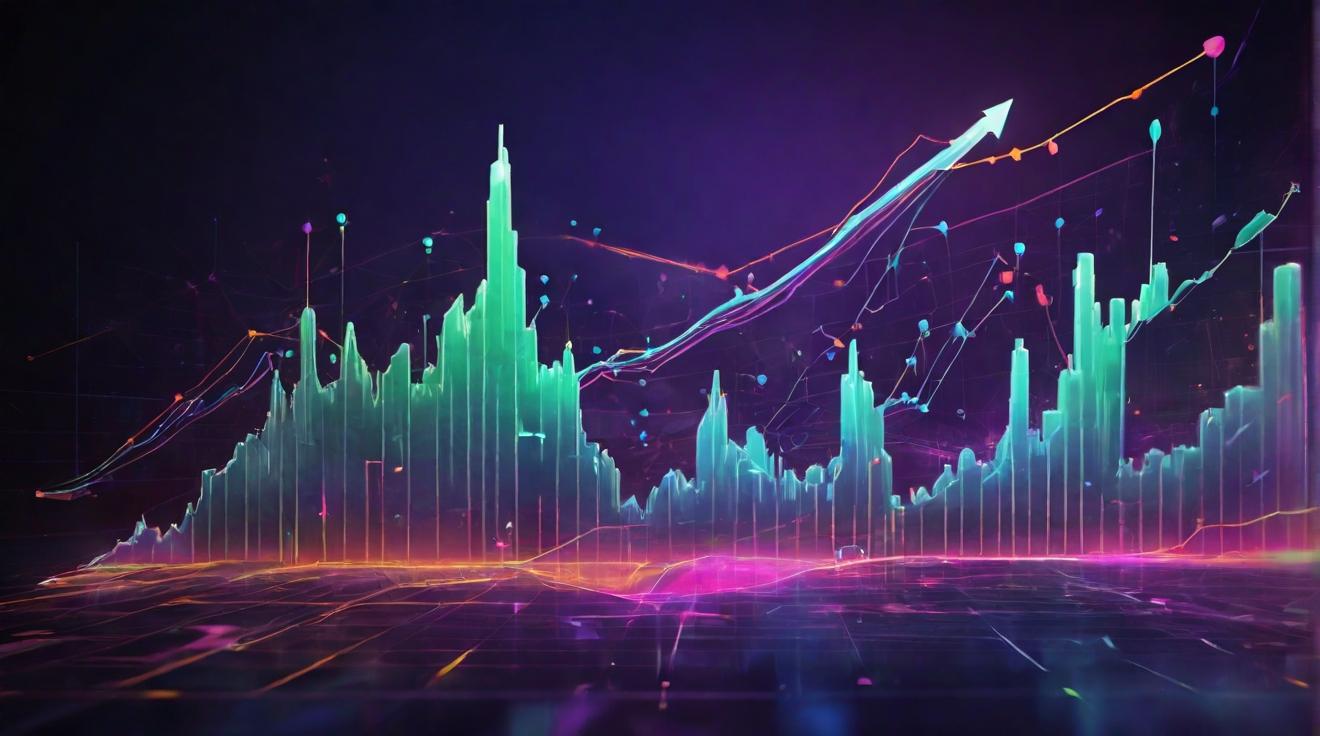AI-Generated Music Sparks Debate in the Industry
The emergence of an AI-created blues song that has captured global attention is now fueling discussions on the revolutionary role of artificial intelligence (AI) in the music and commerce sectors. The song, produced by Suno, is a testament to the capabilities of AI in music production, utilizing ChatGPT for lyric writing and generating complete songs from simple text prompts including vocals, melody, chords, and even AI-generated album covers.
"AI is leveling the playing field in the music industry," says Gregg Lehrman, founder and CEO of Output, emphasizing the potential for an increased volume of global content. However, he also cautions that AI may not capture the nuanced emotion of exceptional music, suggesting a limitation to the technology's impact on the industry.
Despite the enthusiasm, some stakeholders, such as Universal Music Group and Roland Corporation, advocate for a balanced approach towards embracing AI in music production, proposing a framework to guide its use. Suno's web-based text-to-music generator underscores the technology's potential, allowing for the creation of up to 10 songs per day even with its free version, thus presenting an affordable creative option for smaller businesses and creators.
Joel Smith, founder of AllAxess, and Shawn Daly from Niagara University stress the significance of AI in providing cost-effective, customizable solutions, particularly for advertising purposes. Daly highlights Suno's innovative approach, combining two separate AI tools, Bark and Chirp, to independently generate lyrics and music, akin to famous songwriting partnerships such as Elton John and Bernie Taupin.
Despite AI's advancements, industry observers maintain that it won't eclipse human artists, who impart unique emotional depth and perspective to their work. "AI can't build community," Lehrman remarks, emphasizing the irreplaceable impact of human artists like Taylor Swift, who forge significant connections with their audience.
In conclusion, while AI promises to democratize music production and offer unprecedented creative opportunities, its role may complement rather than replace the nuanced artistry of human musicians. The debate continues as the industry navigates the balance between embracing innovation and preserving the authentic essence of music that resonates with listeners on a deeper level.
Analyst comment
Positive news. The emergence of an AI-created blues song has sparked discussions on the role of AI in music and commerce. AI is seen as leveling the playing field in the music industry, offering affordable creative options for smaller businesses. It can provide cost-effective, customizable solutions for advertising purposes. However, industry observers believe that AI won’t replace human artists’ unique emotional depth and perspective. AI may complement rather than replace human musicians, offering unprecedented opportunities while preserving the authentic essence of music.













